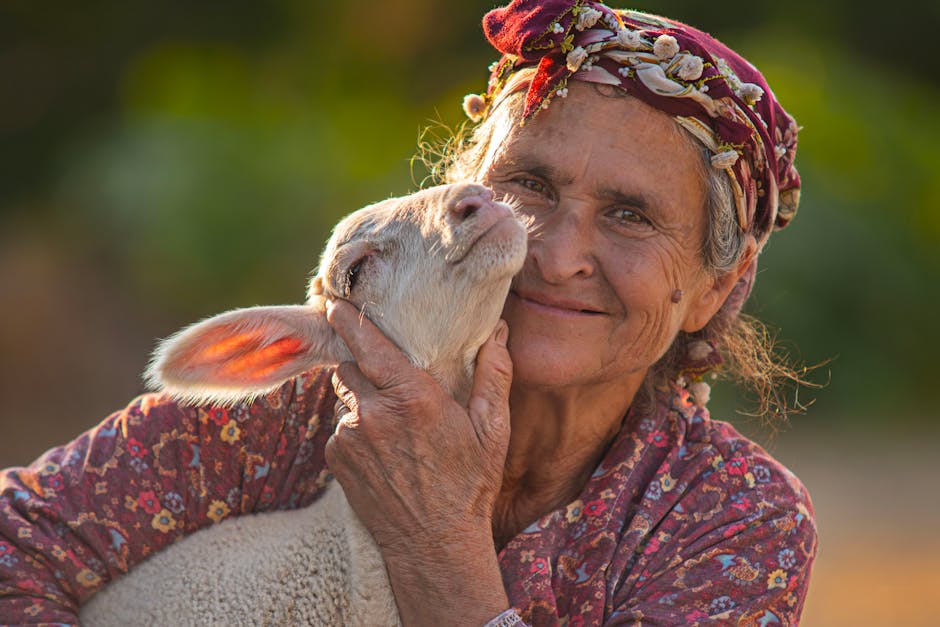Aging gracefully isn’t exclusive to humans. Our beloved senior pets, those furry, feathered, or scaled companions who’ve enriched our lives, also experience the natural progression of time, often requiring a shift in our approach to their care. Maintaining their health and vitality as they age hinges significantly on a proactive strategy preventative care. This article delves into the crucial role this plays in ensuring senior pets enjoy their golden years to the fullest.
Early Detection, a Cornerstone of Success
A key aspect of preventative care for senior pets involves regular veterinary check-ups. These aren’t just about ticking boxes; they’re about identifying potential health issues early on. Conditions like arthritis, dental disease, and kidney problems often develop subtly initially, making early diagnosis crucial. Veterinarians can detect these issues through physical examinations, blood work, and specialized imaging techniques. Early intervention often translates to better management and a higher quality of life for the aging animal. A proactive approach enables your vet to catch the smallest problems before they become large ones.
Nutrition: Fueling Senior Years
Dietary needs shift dramatically with age. Senior pets require a different nutrient profile compared to their younger counterparts. A balanced diet tailored to their specific needs is essential. This usually involves specialized formulas rich in antioxidants, joint support nutrients, and digestible protein. Older animals often have a reduced ability to process certain nutrients, so a diet formulated for senior animals is critical in ensuring optimal nutritional intake. Avoiding overfeeding, which is common with senior pets, is equally important to maintain a healthy weight. Obesity exacerbates many age-related ailments. Consulting with your veterinarian to determine the appropriate diet for your senior pet is paramount. They will consider factors such as breed, size, current health conditions, and any specific dietary requirements.
Maintaining Oral Health: A Vital Component
Dental disease is an unfortunate reality for many senior pets. Periodontal issues can lead to pain, infection, and even organ damage. Regular dental cleanings, ideally performed under anesthesia by a veterinary dentist, are a crucial preventative measure. This procedure removes tartar and plaque buildup, helping maintain healthy gums and teeth. At home, regular brushing, along with appropriate dental chews and treats designed for oral hygiene, can also significantly reduce the risk of dental disease. A healthy mouth is a happy mouth, and a contented mouth contributes to the overall well-being of the animal.
Joint Care: Supporting Mobility
Arthritis and other joint-related issues are common among senior pets. Supporting their mobility is paramount. A diet rich in joint support nutrients can make a significant difference. Additionally, incorporating regular, low-impact exercises, such as gentle walks, can help maintain muscle strength and joint flexibility. Joint supplements, prescribed by the veterinarian, can also provide targeted relief and support. Creating a safe, comfortable environment can significantly improve comfort for senior pets as well. Avoiding sudden movements and ensuring smooth transitions, especially for those with mobility issues, are necessary preventative actions.
Beyond the Physical: Emotional Well-being
Aging pets can experience changes in their behaviour, and these changes might indicate an underlying health concern. Loss of cognitive function is also a possibility. Regular interaction and enrichment activities are crucial for maintaining emotional well-being. These simple actions can greatly reduce anxiety and promote mental wellness. Understanding potential behavioural changes can lead to timely interventions to address any issues.
Early Signs: Recognizing Potential Issues
Recognizing early warning signs is paramount in ensuring the best possible outcome for senior pets. Changes in appetite, activity levels, urination or defecation habits, or subtle changes in behaviour can all signal underlying health problems. Early detection allows for quicker intervention, potentially delaying or mitigating the progression of many conditions. Veterinarians are the best resource for interpreting and understanding these signs and to support your senior pet through any challenges.
A Comprehensive Approach
Preventative care for senior pets is a multifaceted approach that considers physical, dietary, and emotional well-being. By incorporating regular veterinary check-ups, a tailored diet, oral hygiene practices, joint care, enrichment activities, and vigilance for early warning signs, pet owners can play a vital role in ensuring their beloved companions experience their golden years with comfort and dignity. Ultimately, it’s about understanding your senior pet’s individual needs and working proactively with your veterinarian to maintain their health and happiness throughout their aging process. This is a partnership focused on the well-being of your cherished companion.
